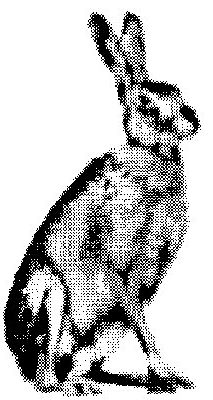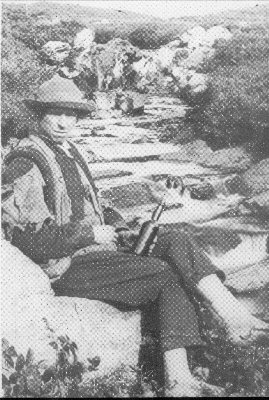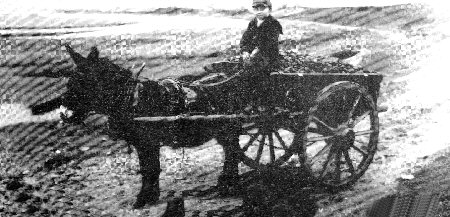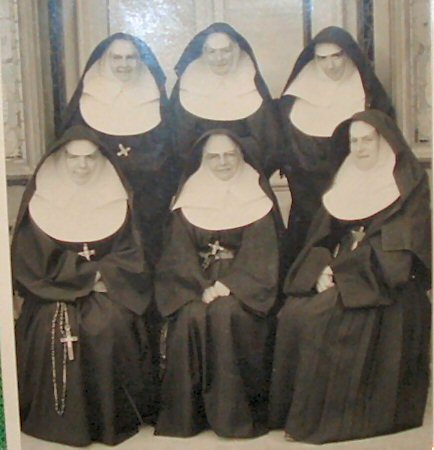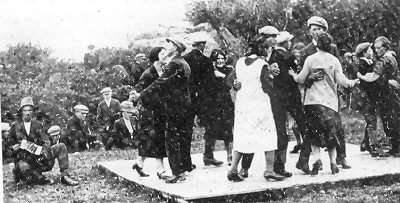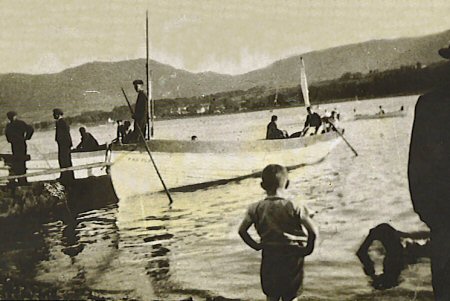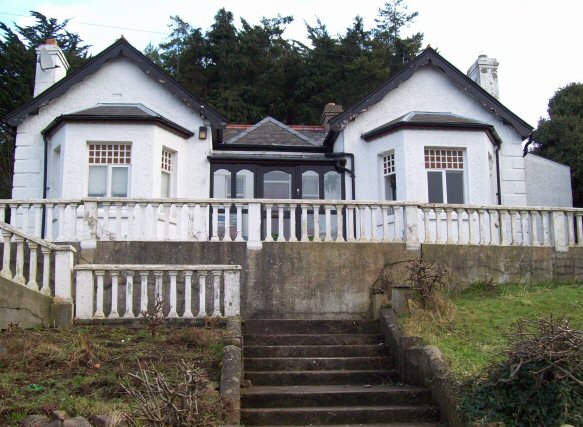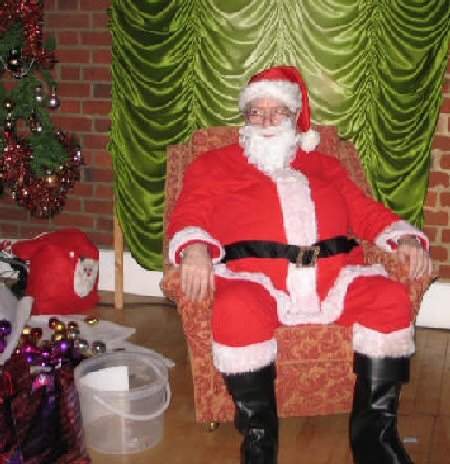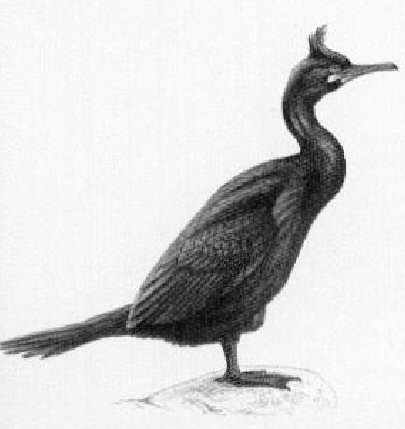There was people cud take on the shape of a hare, if they wanted, and race through the fields and steal the milk of other peoples’ cows.
There was a keen huntsman here once who never tired of hunting a certain hare. This wus despite people warnin’ him to lave well enough alone! However he raced the hare far off its pad one Sunday morning and when the dogs turned it towards the mountain he followed after. When he finally caught up the dogs were gathered eagerly round a big stone. He wus surprised for hares don’t take refuge under stones. He looked and saw the hare sitting calmly inside. He made a quick grab at her – and even as he did, he wondered why the dogs hadn’t scraped and hoked to get at her. Just at that the stone rolled over, trapping him by the arm!
After some time people spread the news that he was missing. Parties searched in vain for him. All the dogs except one returned. It was the only dog, the rest being bitches. They will tell you that a bitch will turn on you if it meets a ghost or unearthly thing but a terrier dog will valiantly defend its master.
The man was missing for a week. Now and then the dog appeared at the houses snatching up trifles of food before disappearing again. Then some one deliberately threw it a large, hard loaf that was difficult for it to carry. The people could follow it, that way! They found him still trapped under that stone and released him.
I tell you, he never again chased that particular hare!
